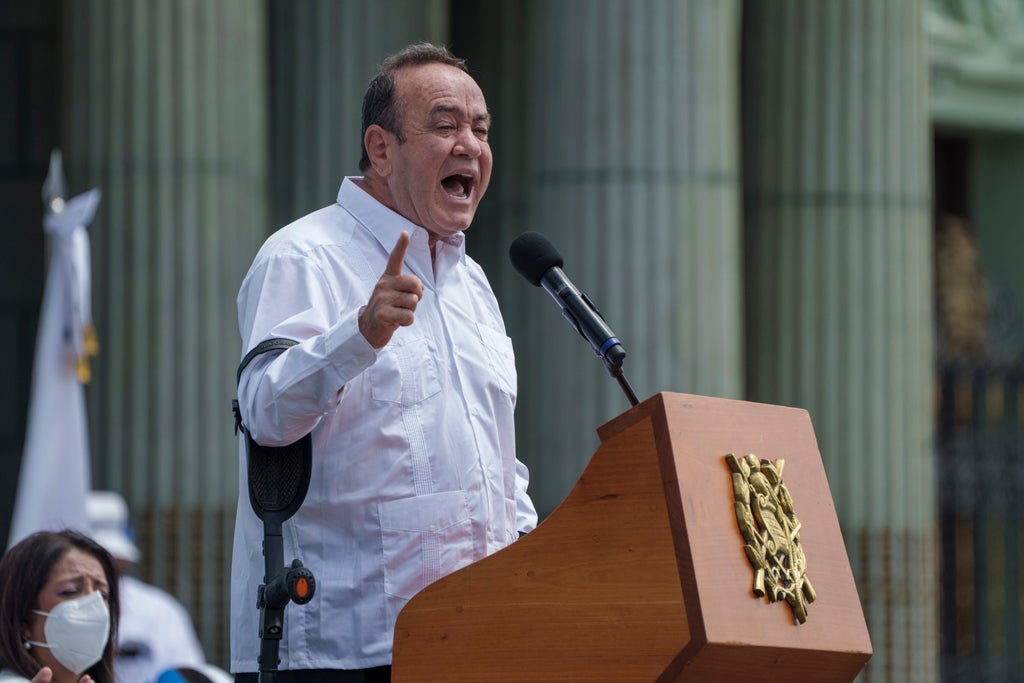
Two days after Guatemala’s congress passed a bill increasing sentences for women who terminate their pregnancies, prohibiting same-sex marriage and banning discussion of sexual diversity in schools, President Alejandro Giammattei asked the congress to pull it back or face his veto.
It was a surprising reversal for the president.
Late Tuesday — International Women’s Day — Guatemala’s Congress passed the “Protection of Life and Family” law by a wide margin.
On Wednesday, which Guatemala’s Congress declared “Life and Family Day,” Giammattei said in a speech at the National Palace, “This event is an invitation to unite as Guatemalans to protect life from conception until natural death.”
But in another speech Thursday, the president said the legislation violated two international conventions to which Guatemala was a signatory, as well as Guatemala’s constitution. He did not specify which provisions were in violation, but emphasized that the legislation had not originated in his office even though he had declared Guatemala the “Ibero-American Capital for Life.”
Giammattei said he had told the congress’ president that either he shelve the legislation or expect the president’s veto.
Under the legislation, Guatemalan women convicted of terminating their pregnancies would now face sentences up to 10 years that before were a maximum of three. The Congress imposed even heavier penalties for doctors and others who assist women in ending pregnancies.
Abortions are legal only when the life of the mother is at risk.
The Guatemala legislation also explicitly prohibited same-sex marriage — which was already effectively illegal — and banned schools from teaching anything that could “deviate (a child’s) identity according to their birth gender.”
A conservative Guatemalan organization, the Family Matters Association, had raised a flag on Wednesday, asking Giammattei for a technical analysis of the legislation before signing it to avoid violating the constitution and Guatemalans’ rights.







